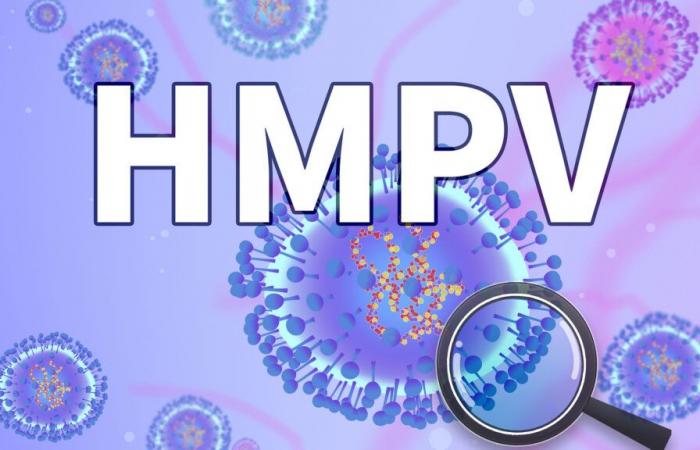China has seen an increase in cases of human metapneumovirus (HMPV) since mid-December 2024, raising concerns about a new virus. However, health officials and doctors have reassured the public that HMPV is a well-known, although often underestimated, respiratory illness.
National media have reported an increase in HMPV infections, with some people describing “flu-like” symptoms, including dizziness, leading to speculation about a new pathogen.
This comes after the United States also saw a surge in HMPV cases around April 2024, with media at the time calling it “little known.”
Chinese experts have said HMPV does not pose a new threat. Zheng Lishu, a researcher at the Institute of Virology of the Chinese Center for Disease Control and Prevention (CDC), explained that HMPV is a common virus that has been circulating around the world for more than 60 years, but has not been identified by scientists only at the beginning. 2000s due to its slow growth and non-specific symptoms.
“For most people, symptoms will gradually disappear after about a week,” Zheng said.
Ruan Zhengshang, deputy head of the infectious diseases department at Shanghai’s Xinhua Hospital, cautioned against self-diagnosing HMPV based on symptoms such as fever or dizziness. He noted that HMPV shares similar symptoms with other respiratory illnesses, including cough, nasal congestion, fatigue, gastrointestinal discomfort and even high fever.
“It is not accurate to judge flu, HMPV and other respiratory infections based on fever level or dizziness,” Ruan said, advising people to consult a doctor for accurate diagnosis and treatment. if symptoms worsen.
Although most cases are mild, a small number of children can develop pneumonia after infection, according to Tang Lanfang, head of the department of respiratory diseases at the Children’s Hospital of the University of China Medical School. Zhejiang. She stressed the importance of close monitoring of children, the elderly and those who are immunocompromised, advising immediate medical attention for symptoms such as persistent high fever, lethargy, worsening cough and shortness of breath. .
Similar to the guidelines released by the US CDC during their surge, Chinese experts emphasize supportive care because there is no antiviral treatment or specific vaccine for HMPV. Recommendations include rest, a light diet and appropriate clothing. Preventive measures such as wearing masks, frequent hand washing, good ventilation and avoiding crowded places are also advised.






